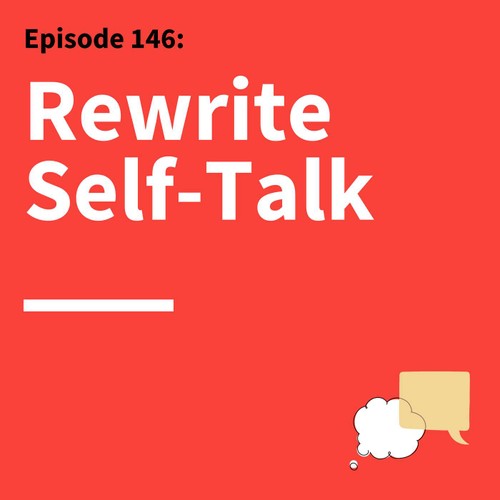
 Think Fast Talk Smart: Communication Techniques
Think Fast Talk Smart: Communication Techniques 146. Stress Resets: How to Change Your Internal Dialogue to Communicate Better
197 snips
Jun 11, 2024 Jenny Taitz, a clinical psychologist and UCLA professor, dives into the crucial relationship between stress and communication. She reveals how our internal dialogue often fuels stress and offers tools to recalibrate our self-talk. Taitz introduces her G.I.V.E. framework—being Gentle, Interested, Validating, and Easy-mannered—as a pathway to better conversations. Listeners learn techniques to redirect negative thoughts and enhance empathy, ultimately transforming their interactions with themselves and others.
AI Snips
Chapters
Books
Transcript
Episode notes
Resetting Mind and Body
- Reset your mind by noticing when you are in "emotion mind" and try to shift to "reasonable mind."
- Use playful techniques like singing negative thoughts to an upbeat tune to short-circuit them.
Resetting Behavior
- Relax your facial expression to create a landscape for more acceptance.
- Try opposite action, approaching what you want to avoid, to shift from stress-inducing behaviors.
Overthinking
- Be aware of your beliefs about overthinking, as seeing it as helpful fuels the habit.
- Instead of surface-level rumination, dedicate time for deeper emotional processing.




